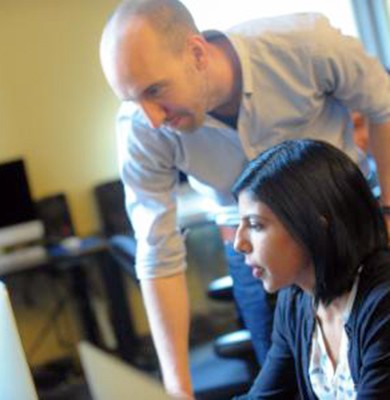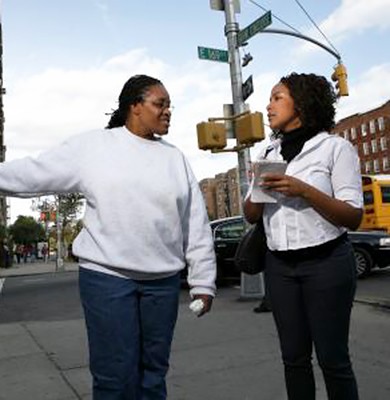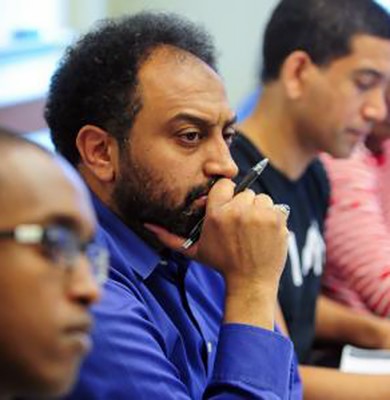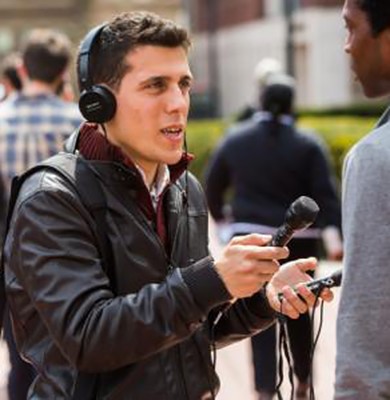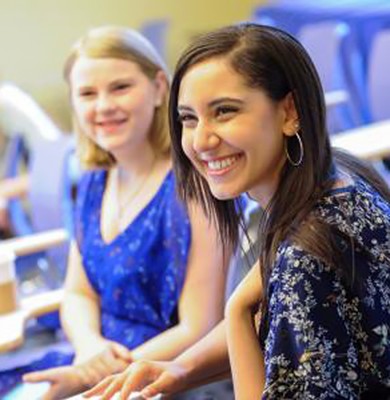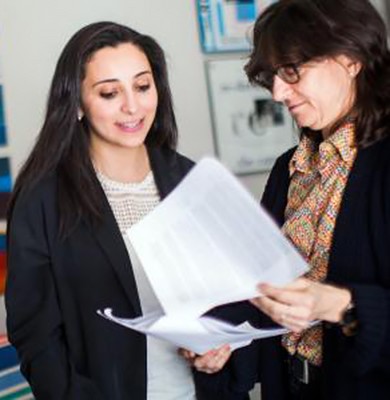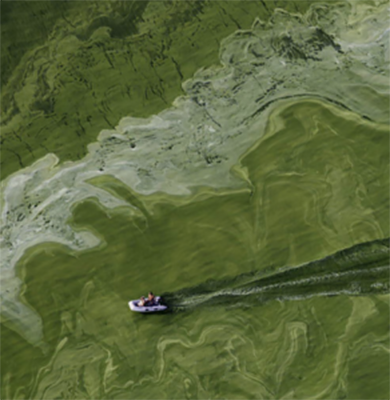Degree programs that meet the needs of
both new and experienced journalists
On this page:
Degree Programs
M.S.
The Master of Science degree is the foundational program of the Journalism School.
M.S. students are on the street reporting from day one; learning to think critically and work ethically.
M.S. courses are steeped in deep reporting with presentation via audio, video, photography, data visualizations and the written word. The program does not offer specializations by medium but it has tracks for those who want to focus on investigative reporting, visual journalism and documentary video.
M.S. Data
M.S. in Data Journalism students combine fundamentals of reporting with courses on computational and data work, equipping them with the tools highly in demand by employers.
The M.S. Data Journalism program is unique in that students spend a third summer semester developing their Master's project, allowing ample time to introduce the fundamentals of computational skills and reporting.
M..A.
The Master of Arts equips experienced journalists with the expertise to cover specific subject areas in a sophisticated, nuanced manner.
M.A. students study with specialists in their area of concentration and take related graduate-level courses outside the Journalism School.
Dual Degrees
The Journalism School offers dual degree opportunities with other Columbia departments and with two international programs.
Students can apply for dual degrees in computer science, international and public affairs, business, religion and law.
Ph.D.
The Doctor of Philosophy in Communications prepares students to teach in colleges and universities, to conduct original research in communications or to carry out policy or research work.
Ph.D. students study the relationships between people and media in their cultural, social, political, historical, economic and technological contexts.
Compare Programs
Master of Science (M.S.)
Applicants have zero to three years of experience.
For career changers and journalists looking to grow.
M.S. Data Journalism
Applicants have zero to three years of experience.
This program is designed to teach data-driven stories.
Master of Arts (M.A.)
Applicants have three to 15 years of experience.
Designed to go deeper into a specialized subject.
Columbia Journalism Classes
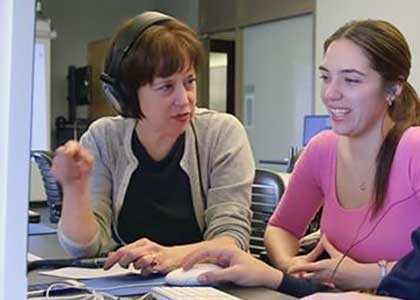
Our classes cover the fundamentals of reporting and allow you to explore new ways of storytelling that will advance your ability to work in the evolving field of journalism.
No student graduates from J-School master's programs without a foundation in investigative journalism. M.A. students take a 15-week M.A. Essentials class that includes the basics of data and investigative reporting. A seven-week Investigative Techniques class focused on using public records and data for reporting is mandatory for M.S. students. In addition, M.S. students can choose from a menu of classes with a strong investigative element.
The following are mandatory investigative reporting classes for master's students:
M.A. Essentials (mandatory for all M.A. students)
Investigative techniques are key to 21st century journalism. Students learn the best ways to comb public records, conduct internet forensics and do thorough background searches on individuals and corporations. They gain an understanding of cutting-edge concepts in data journalism and how to employ them in coverage of their concentrations.
Investigative Techniques for Journalists (mandatory for all M.S. students)
This class aims to ground students in some of the fundamental tools of investigative reporting: How to obtain and analyze public records and data; get information about individuals and groups using a variety of sources; use social media for reporting and verification; and evaluate scholarly literature.
Knight-Bagehot Fellowship
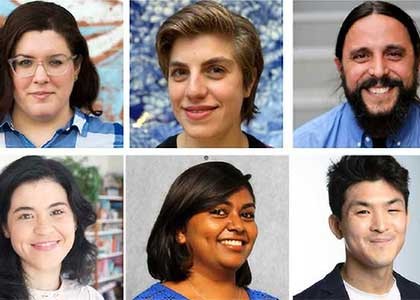
The Knight‐Bagehot Fellowship in Economics and Business Journalism offers qualified journalists the opportunity to enhance their understanding and knowledge of business, economics and finance in a yearlong, full‐time program administered by the journalism school.
Spencer Fellowship

The Spencer Fellowship offers an extraordinary opportunity for journalists and educators who are U.S. citizens or legal residents to spend an academic year at Columbia University researching and producing journalism about a significant topic in education. A non-residential option is also available.

